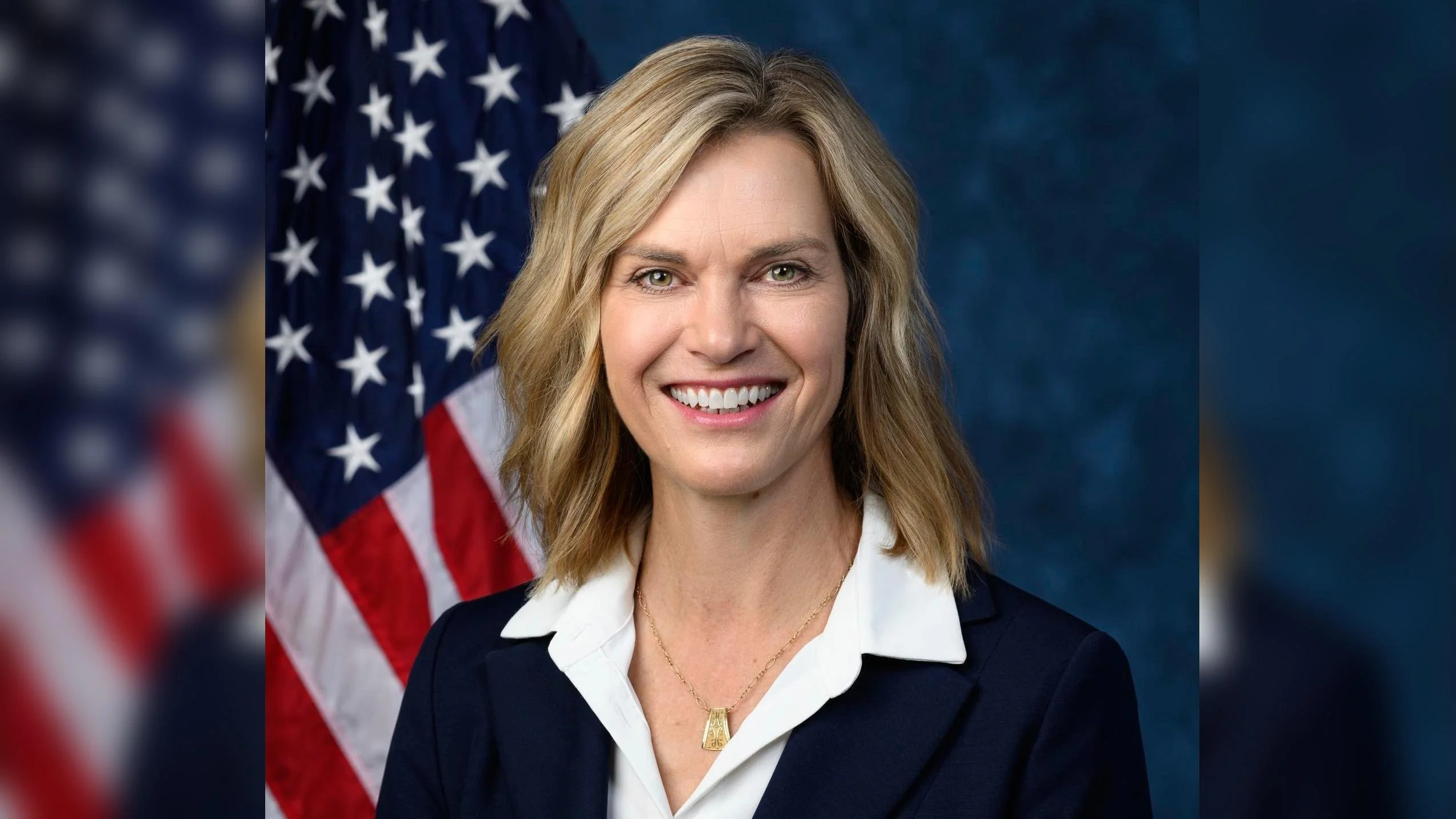Julie Fedorchak Congresswoman | Official Website
Julie Fedorchak Congresswoman | Official Website
Congresswoman Julie Fedorchak (R-ND) has introduced the Baseload Reliability Protection Act in Washington, D.C. The bill aims to prevent the retirement of reliable baseload generators in regions deemed at elevated or high risk of electricity shortages. The legislation is backed by Representatives August Pfluger (R-TX), Carol Miller (R-WV), Troy Balderson (R-OH), Randy Weber (R-TX), Michael Rulli (R-OH), Craig Goldman (R-TX), and Troy Downing (R-MT).
Fedorchak stated, "Reliable, always-available electricity is the backbone of our modern economy and our national security." She emphasized that shutting down dependable baseload generation without replacements jeopardizes the grid's reliability, especially as power demand increases with advancements in AI and manufacturing.
Pfluger expressed support for the legislation, saying, "Reliable, dispatchable power is the foundation of our electric grid." He stressed the importance of preventing premature retirement of baseload power in high-risk areas.
Miller highlighted the need for a consistent power grid: "This legislation quite literally keeps the lights on and ensures that our time-tested power sources like coal, nuclear, and natural gas plants are there to provide support for our grid when needed."
Balderson warned against burdensome regulations pushing reliable power generation into early retirement. He noted that House Republicans are focused on ensuring robust power generation to support economic growth and innovation.
Earlier this year, Fedorchak addressed grid reliability issues on the House Floor, identifying premature shutdowns of reliable power sources as a primary concern. She also introduced H. Res. 290 to acknowledge threats to America's electric grid reliability.
The Baseload Reliability Protection Act responds to warnings from the North American Electric Reliability Corporation (NERC) about blackout risks affecting two-thirds of the U.S. The bill proposes amendments to the Federal Power Act to prohibit retiring critical dispatchable generators in high-risk areas identified by NERC. It includes provisions for protecting qualifying generators from penalties related to environmental regulations and offers exemptions if continued operation poses safety risks or lacks economic viability.
Additionally, it allows the Department of Energy to provide grants and loans for necessary plant upgrades and supports President Trump's Executive Order 14262 aimed at maintaining reliable power plants without increasing household electricity costs.



 Alerts Sign-up
Alerts Sign-up